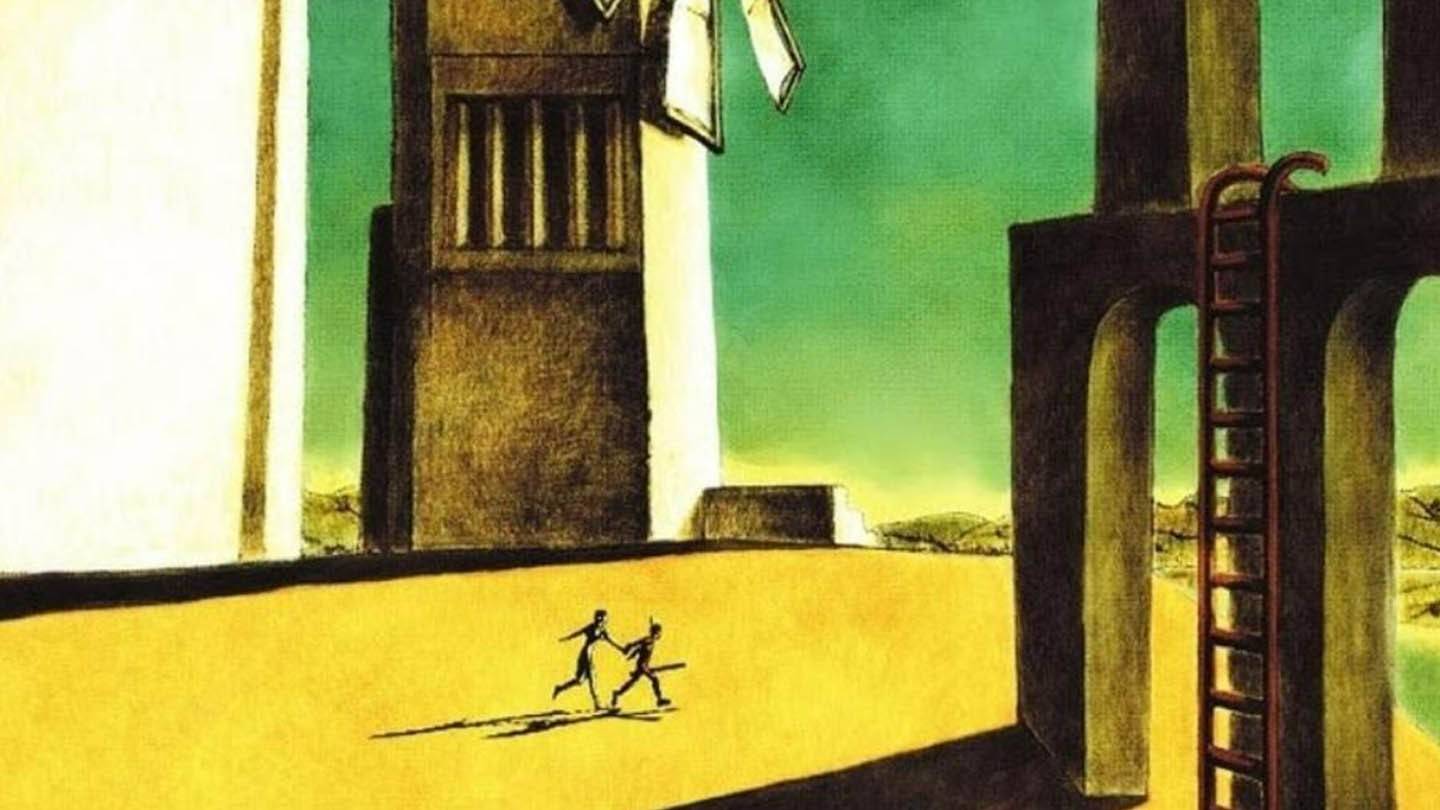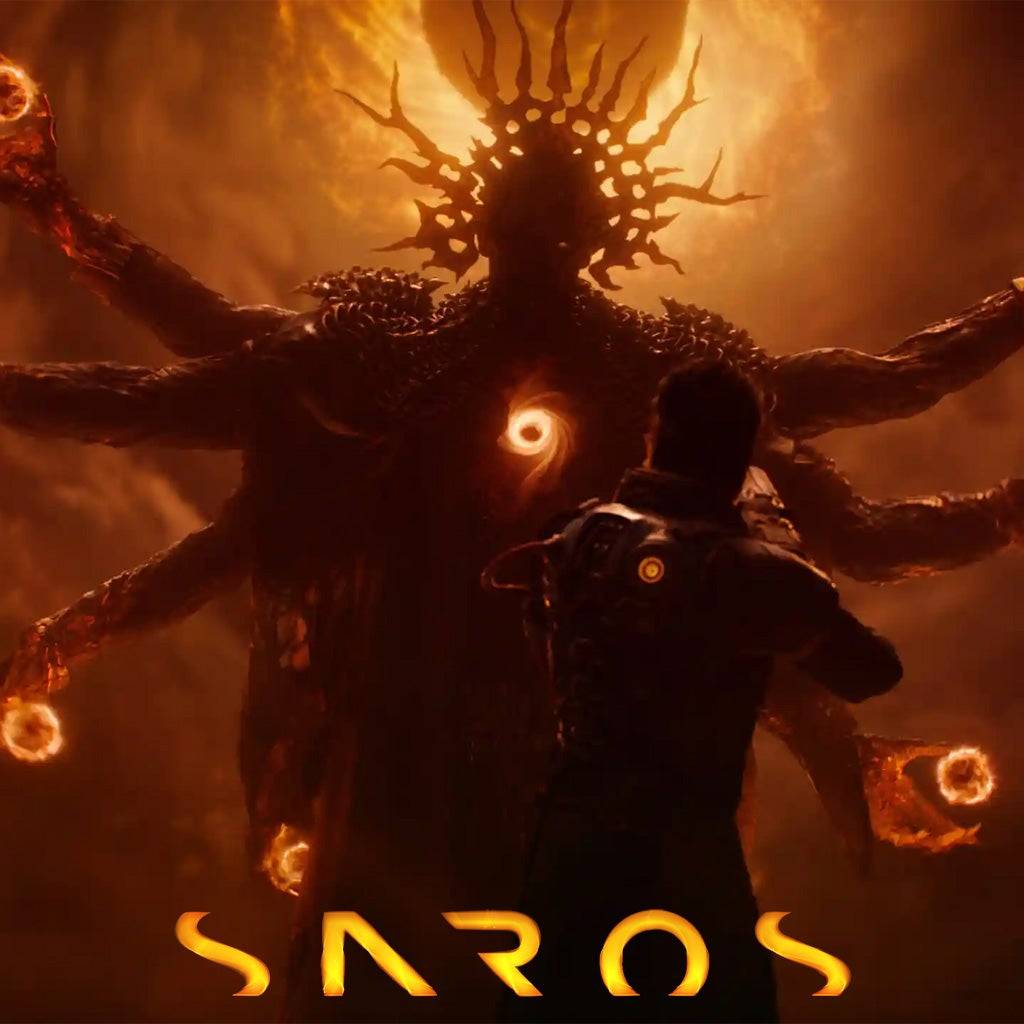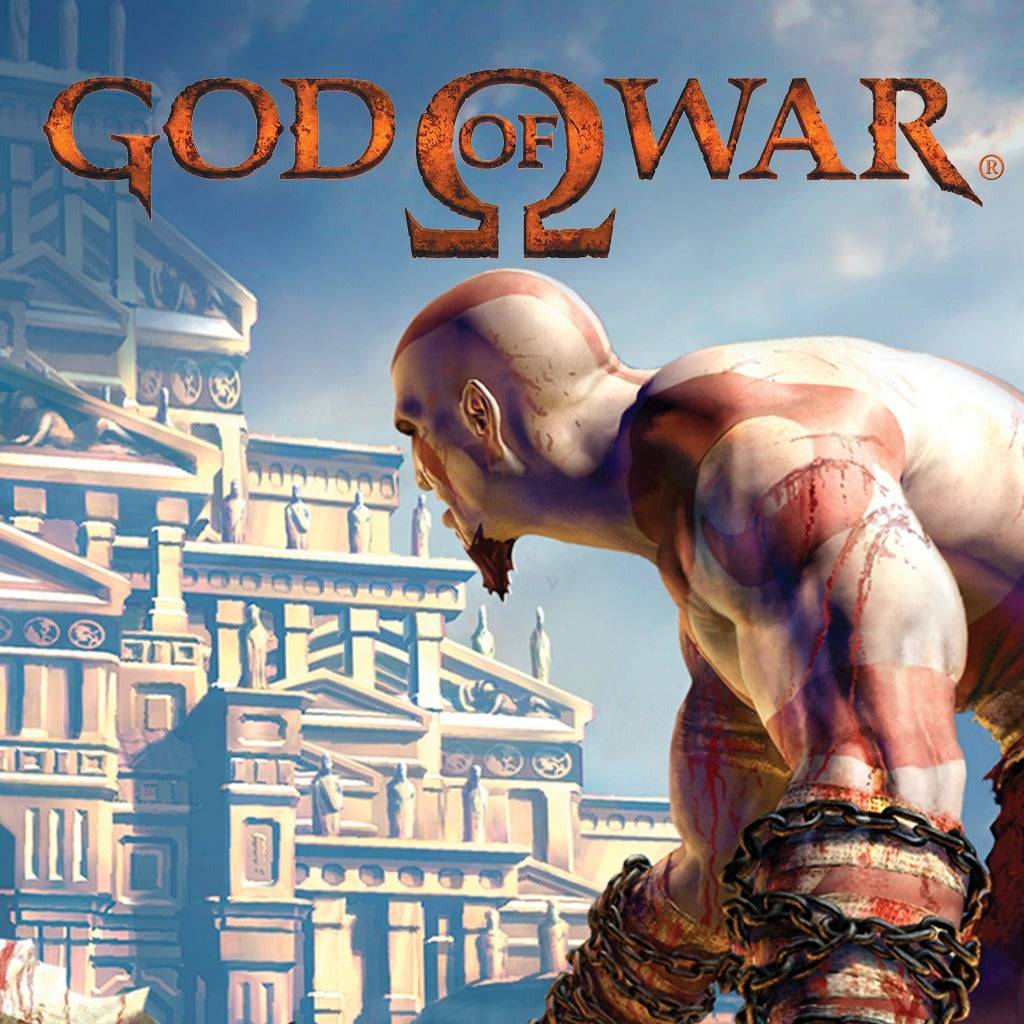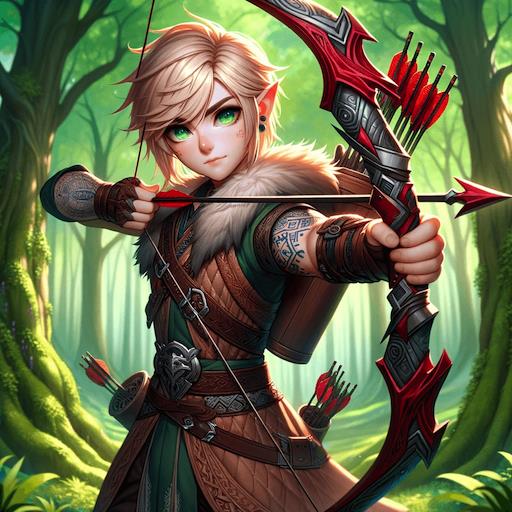
Yoko Taro, the visionary creator behind acclaimed titles like NieR: Automata and Drakengard, has praised the groundbreaking influence of the 2001 PlayStation 2 game ICO on the world of video games as an artistic medium. ICO, which quickly garnered a cult following, is celebrated for its minimalist design and its storytelling that unfolds without words.
Taro emphasized the revolutionary nature of ICO's core mechanic, where players guide the character Yorda by holding her hand. He noted, "If ICO had tasked you with carrying a suitcase the size of a girl instead, it would have been an incredibly frustrating experience." This mechanic challenged the conventional gameplay norms of the era, highlighting the importance of leading another character as a groundbreaking approach to interactivity in games.
At the time of ICO's release, successful game design was often measured by its ability to remain engaging even when reduced to basic elements like cubes. However, ICO took a different path, focusing on emotional resonance and thematic depth rather than purely mechanical innovation. Taro believes that ICO demonstrated that art and narrative could be more than just background elements; they could be central to the gaming experience.
Describing ICO as "epoch-making," Taro credits it with significantly altering the course of game development. He applauds the game for showing that video games can convey profound meaning through subtle interactions and atmospheric design.
In addition to ICO, Taro also highlighted two other influential games that have left a lasting impact on both him and the industry: Undertale by Toby Fox and LIMBO by Playdead. He argues that these titles have expanded the possibilities of what can be expressed through interactive media, proving that video games are capable of delivering deep emotional and intellectual experiences.
For fans of Yoko Taro's work, his appreciation for these games provides valuable insight into the creative influences behind his own projects. It also highlights the continuous evolution of video games as a powerful and versatile art form.
 Home
Home  Navigation
Navigation






 Latest Articles
Latest Articles










 Latest Games
Latest Games












